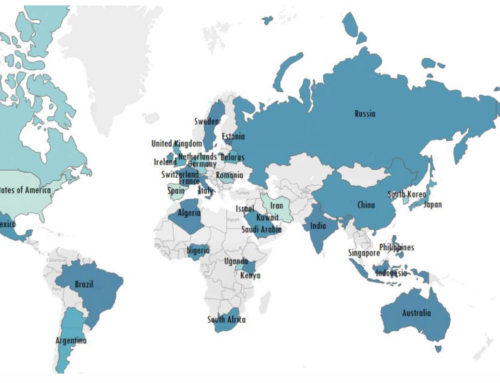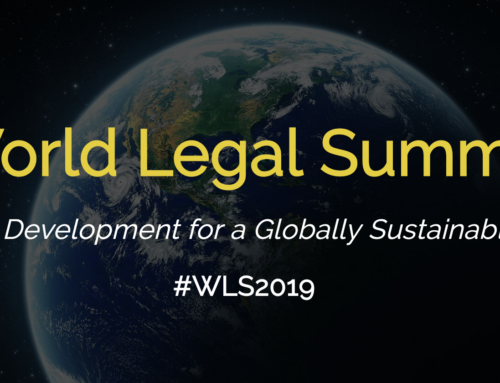Data-driven advances in artificial intelligence (AI) and machine learning are now set to reshape industries and regulatory frameworks around the world. Fusing the physical, digital and biological worlds, the Fourth Industrial Revolution is remaking the very notion of innovation as countries leverage data to compete for military and commercial advantage. As former BlackBerry Chairman and co-CEO Jim Balsillie suggests, this data-driven revolution is not just remaking the terms of global trade, it is transforming the nature and distribution of wealth.
In 1976, 16% of the S&P 500 was made up of intangible assets (patents, trademarks and copyrights). Today it is 90%. Intellectual property (IP) and the data it protects are the world’s most important commercial and national security assets. In this new century, the United States remains a formidable power but its days of unipolar hegemony are coming to an end. The global balance of power is shifting as Asia once again becomes the center of world trade.
The big question today is: What kind of global order is now unfolding? And how will accelerating technological innovation intersect with this new order? Even as the era of Western predominance winds down, technological innovation is speeding up.
…
Bretton Woods 2.0
Unfortunately, existing multilateral institutions lack the capacity to address this new economic environment because they were not designed to regulate intangible assets. As Balsillie suggests, rather than lifting all boats, the current data-driven economy is simply raising a few yachts. Given the prospects for widening inequality, the former BlackBerry executive has called for a second Bretton Woods system. In his view, revisiting the regulatory architecture of multilateral organizations like the International Monetary Fund (IMF) is now critical to shaping the Fourth Industrial Revolution.
These segments are pulled from an article originally published with Forbes. It is authored by Daniel Araya, Senior Partner at the World Legal Summit.





